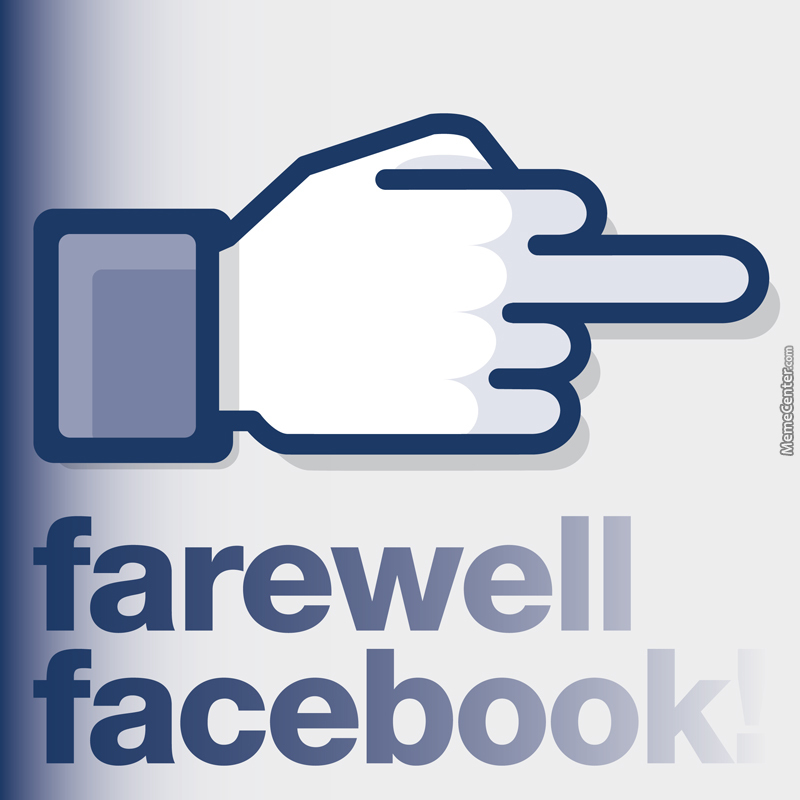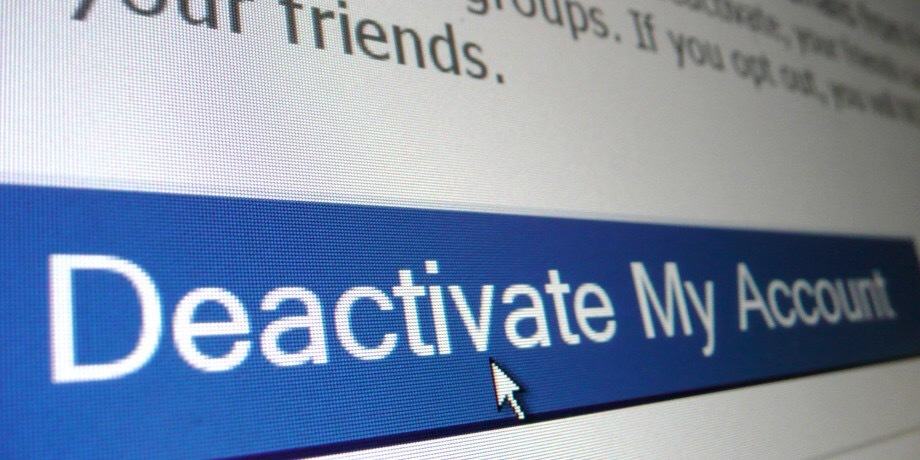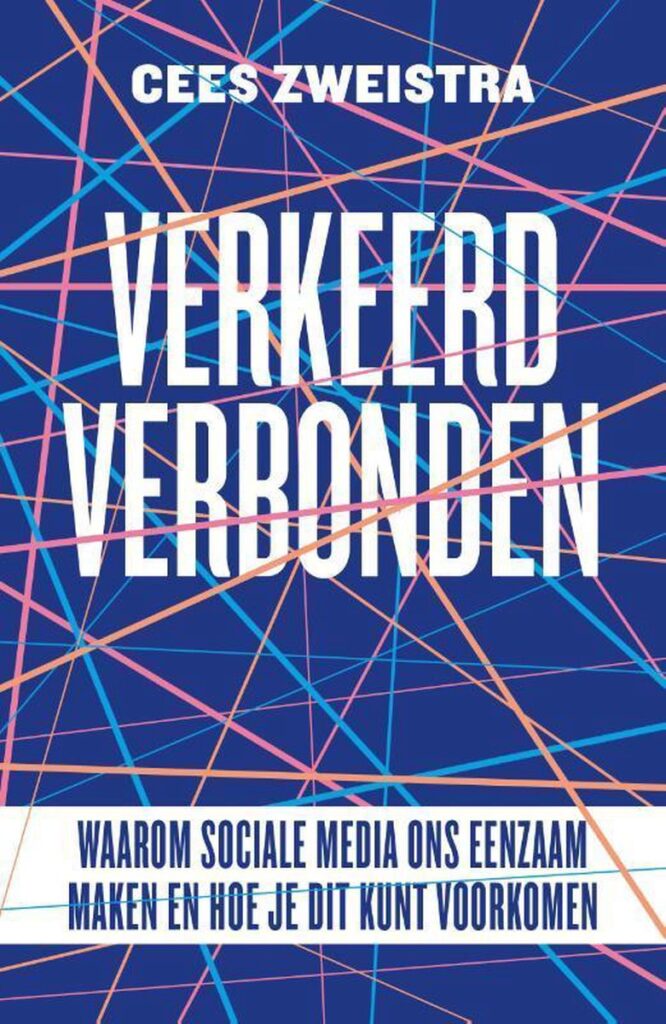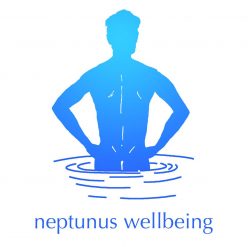A small handful of multinationals dominate the Dutch communication landscape. This makes it increasingly difficult to freely share and collect information. Like any Dutch person, I have been put in a box and only receive information that fits within my existing interests and views. I think this is detrimental to the public debate and our democracy.

Companies like Facebook not only use revenue models in which information about the user is traded. Increasingly, they also offer opportunities to influence user behavior.
The recent violence in the US and the Netherlands and the way in which Facebook is currently used by political parties has made me decide not to contribute to this anymore. I am leaving Facebook.
If you want to know how I am doing, feel free to drop by. Send an email to tijsb@yahoo.com. By the way, I can still be reached via Whatsapp, but I prefer iMessage, Signal or Telegram.

Is there a link between social media use and depression?
Due to the large number of users, there are now many studies that focus on the relationship between social media use and mental health. We now know social media use is associated with symptoms of depression. For example, a sample of 4519 young people (11 to 18 years) shows that compulsive use of social media on the smartphone leads to more impulsivity and more depressive symptoms (Haverlag, D., 2013, Utrecht University).
It also appears that young people with low psychosocial well-being (depressive complaints, social anxiety, lonely, low life satisfaction and low self-confidence) are more likely to use social media compulsively (Keijsers, SGJ, 2013, Utrecht University). Women in particular spend more time on social media and therefore experience more depressive complaints (Feldkamp, N. (2018, University of Twente).
Do social media make you lonely?

Yes, as contradictory as this may sound, social media creates a negative sense of social isolation. In the book "Wrongly connected" Cees Zwijstra explains why social media makes us lonely and how you can prevent this.
According to Zwijnstra, superficial contacts tend to lead to a feeling of loneliness. Social media is a tool for connecting with others. The degree of presence is only much weaker than when you meet someone physically. The more present the other is, the more involvement we feel for each other and the less lonely you feel.
So visit each other or look at each other, if necessary via Skype or Zoom. Then you feel more connected than via the Facebook newsfeed.
.

Tijs,
A clear statement, a big step! Nice to read the motivation and substantiation. You clearly show what you stand for, again !: a conscious lifestyle, in word and deed!
Gerard